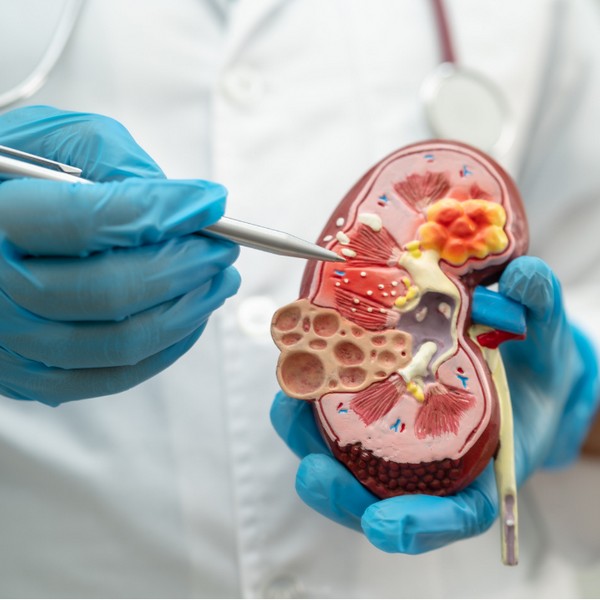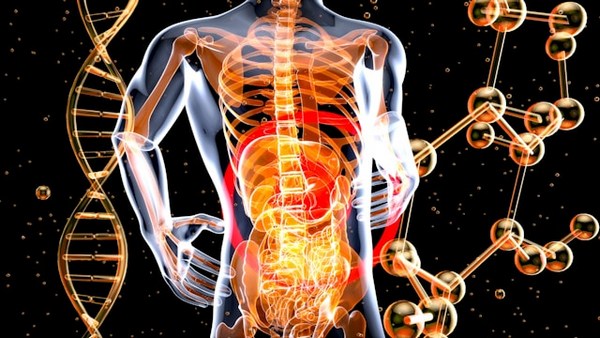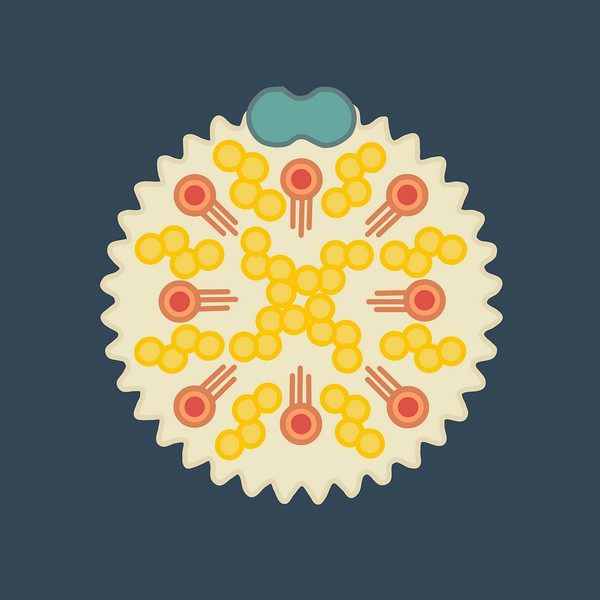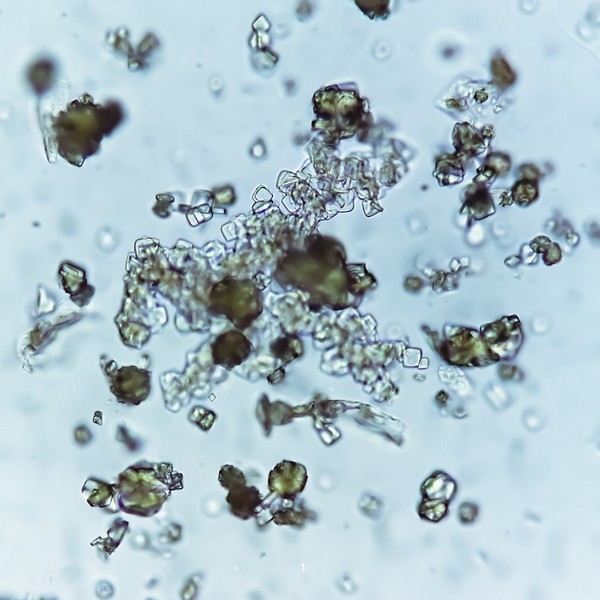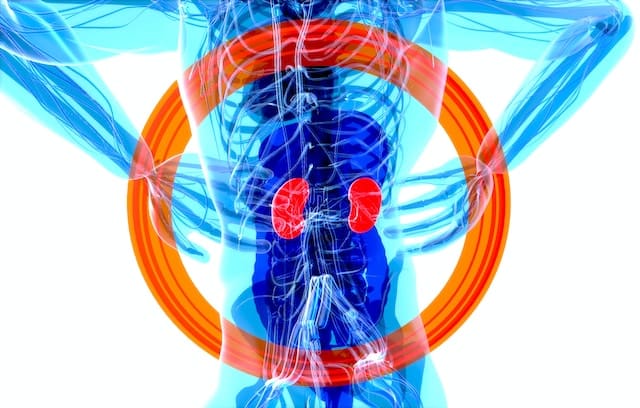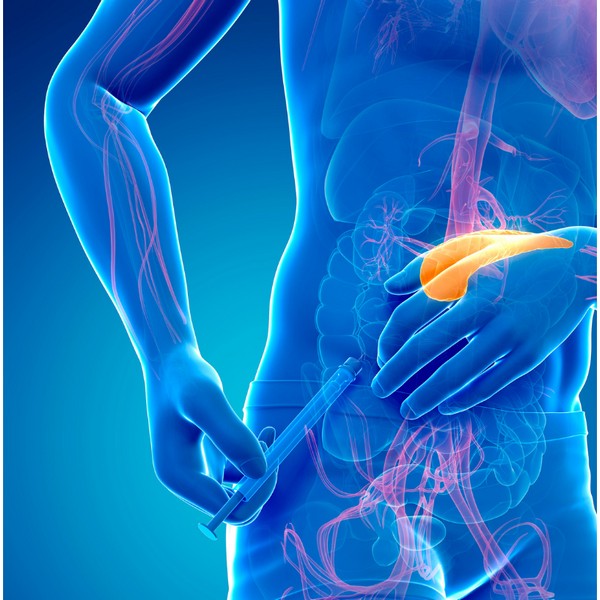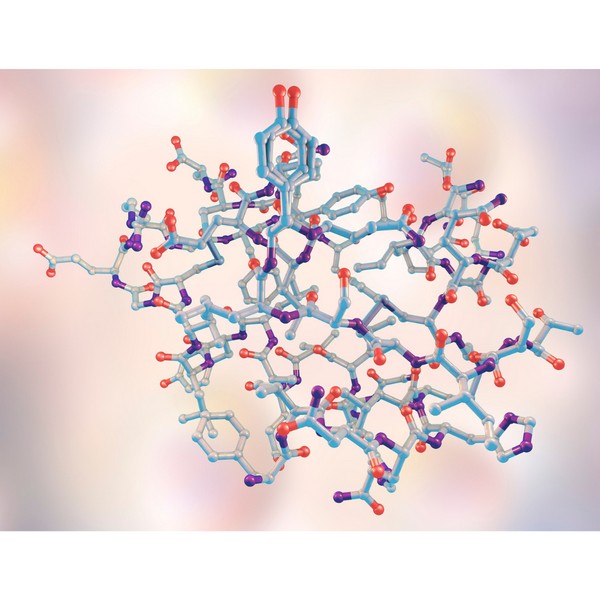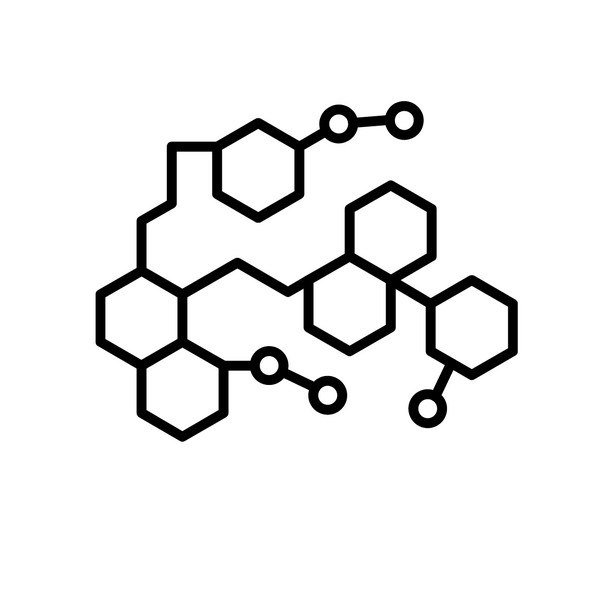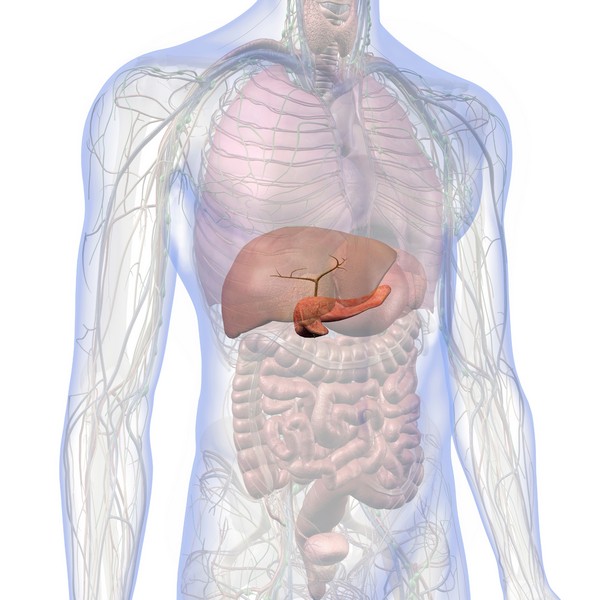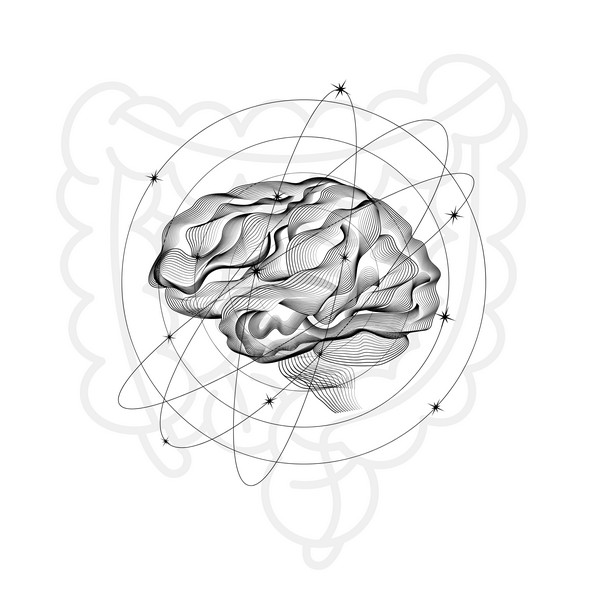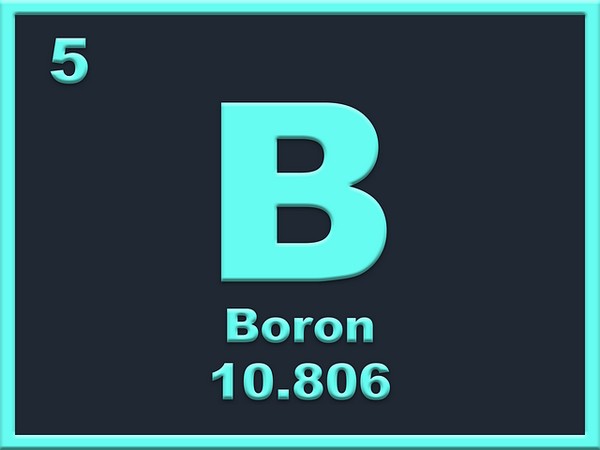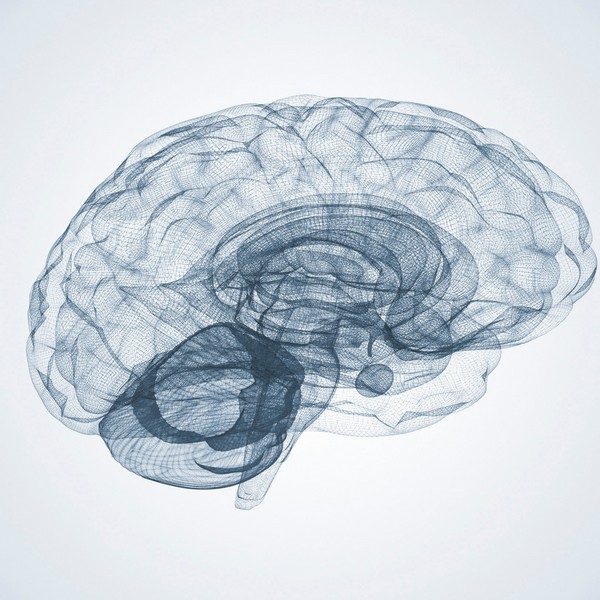Key Takeaways
- Atherosclerosis is the hardening and narrowing of arteries caused by plaque buildup.
- Chronic inflammation and oxidative stress contribute to the development of plaque.
- Cholesterol itself is not harmful; metabolic imbalances drive improper plaque formation.
- Diets rich in animal foods support arterial health and help reduce inflammation.
- Prevention focuses on lowering inflammation and improving overall metabolic function.
Your heart’s every beat depends on free-flowing blood in your arteries. However, atherosclerosis, a silent condition, blocks this essential pathway for many.
Without knowing, people accumulate plaques in their vessels, risking heart issues.
Atherosclerosis begins subtly, involving cellular actions, blood elements, and reactions. Body mechanisms meant to heal, like clotting, inadvertently contribute to blockages, drawing scientific interest.
What is Atherosclerosis?
Dysregulated cellular metabolism in atherosclerosis: mediators and therapeutic opportunitieshttps://t.co/a1cLcrylGo pic.twitter.com/JchDXnCS5h
— Agingdoc⭐David Barzilai🔔MD PhD MS MBA DipABLM🩺 (@agingdoc1) April 1, 2024
Atherosclerosis is a condition in which the arteries become narrowed and hardened due to the accumulation of plaque on their inner walls.
This plaque buildup restricts blood flow and can lead to serious complications, including heart attacks and strokes.
Over time, arteries lose their flexibility and become rigid, making it harder for blood to circulate properly.
Causes and Risk Factors
Inflammation and Oxidative Stress
Chronic inflammation in the body and oxidative stress are key factors in the development of atherosclerosis.
When the arterial walls become damaged, the body’s immune response kicks in, leading to plaque formation as part of the healing process.
However, prolonged inflammation accelerates this process.
Metabolic Health & Plaque Development
Metabolic imbalances, such as insulin resistance or poor blood sugar regulation, play a major role in atherosclerosis.
These imbalances can disrupt how the body processes cholesterol, leading to plaque buildup.
Other Contributing Factors
Certain lifestyle factors can increase the risk of atherosclerosis, including high blood sugar, smoking, chronic stress, and exposure to environmental toxins.
These factors damage the arterial walls and fuel inflammation.
The Role of Cholesterol
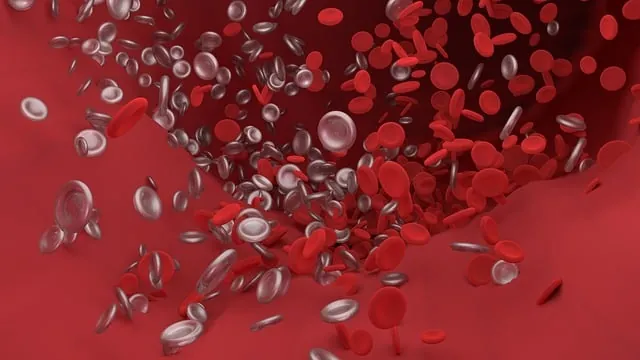
Cholesterol & Health
Cholesterol is a necessary component for various bodily functions, including hormone production and cell structure. It’s important to understand that cholesterol itself is not harmful.
Misconceptions about “Good” and “Bad” Cholesterol
The erroneous traditional view of so-called “good” (HDL) and “bad” (LDL) cholesterol oversimplifies the role of cholesterol in the body.
Both types of cholesterol have important functions, and focusing solely on lowering LDL can be misleading.
Metabolic Imbalances & Cholesterol
When the body’s metabolic health is compromised, cholesterol can be improperly processed, leading to its deposition on the artery walls.
Addressing these imbalances is key to managing cholesterol’s role in plaque formation.
Plaque Formation Process
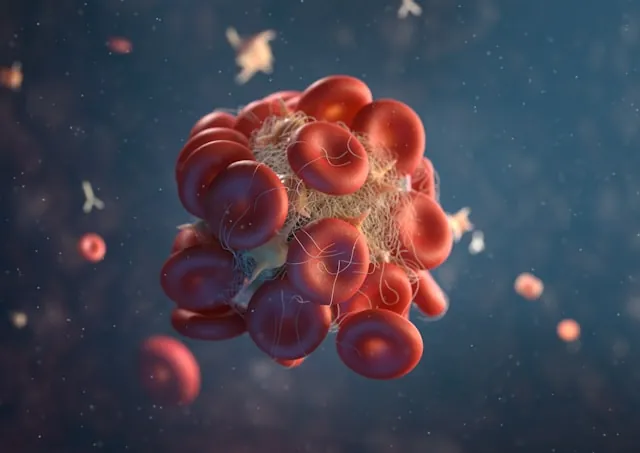
Arterial Damage & Plaque Buildup
Arterial damage, often caused by high blood pressure, oxidative stress, or toxins, sets the stage for plaque formation.
The body attempts to repair the damage by depositing cholesterol, calcium, and immune cells, which gradually form plaque.
Components of Plaque
Plaque is made up of cholesterol, immune cells, calcium, and other substances. Over time, this mixture hardens, narrowing the artery and restricting blood flow.
Stages of Plaque Development
Plaque formation begins with small deposits that grow over time. In advanced stages, plaques can rupture, leading to blood clots that may block blood flow entirely, causing heart attacks or strokes.
Symptoms and Complications
Common Symptoms
In its early stages, atherosclerosis may not present noticeable symptoms. However, as it progresses, individuals may experience chest pain, shortness of breath, and fatigue, especially during physical activity.
Potential Complications
If left untreated, atherosclerosis can lead to serious complications such as:
- Heart attack: When blood flow to the heart is blocked.
- Stroke: When blood flow to the brain is interrupted.
- Peripheral artery disease: Reduced circulation to the limbs, causing pain and difficulty walking.
Preventing & Managing Atherosclerosis

Reducing Inflammation & Improving Metabolic Health
The most effective approach to preventing and managing atherosclerosis is by reducing chronic inflammation and supporting metabolic health.
This involves making specific dietary and lifestyle changes.
Dietary Recommendations
A diet rich in nutrient-dense bioavailable foods supports heart and arterial health. Focus on:
- Grass-fed red meat and organ meats for their high nutrient content.
- Eggs for healthy fats and essential vitamins.
- Wild-caught seafood for omega-3 fatty acids, which help reduce inflammation.
Foods to Avoid
It’s important to minimize or avoid:
- Ultra–Processed foods that are high in artificial ingredients and unhealthy fats.
- High carbohydrates that contribute to insulin resistance.
- Plant toxins such as oxalates and lectins, which can worsen inflammation.
Lifestyle Changes for Heart Health
Regular physical activity, stress management, and sufficient sleep are all important factors in maintaining heart health.
These lifestyle changes can improve circulation and lower the risk of plaque buildup.
Copper Deficiency & Cardiovascular Health

Weakened Blood Vessels
Copper is needed for the production of elastin and collagen, two proteins that give structure and flexibility to blood vessels.
Without enough copper, blood vessels become weak and less elastic.
This increases the risk of conditions like aneurysms and can contribute to the development of atherosclerosis (the buildup of plaque in the arteries), which restricts blood flow and raises blood pressure.
Impaired Antioxidant Function
Copper is a component of the enzyme superoxide dismutase (SOD), which helps protect cells, including those in the cardiovascular system, from oxidative damage.
Oxidative stress can damage the endothelial lining of blood vessels, contributing to inflammation and plaque buildup.
When copper levels are low, this antioxidant defense is weakened, leading to an increased risk of heart disease.
Heart Muscle Health
Copper is also essential for the enzyme cytochrome c oxidase, which is involved in energy production in heart muscle cells.
Without adequate copper, heart muscle function becomes compromised, leading to fatigue, poor circulation, and possibly heart failure in severe cases.
Some studies even suggest that copper deficiency can contribute to cardiomyopathy, a condition where the heart struggles to pump effectively.
Iron Dysregulation & Cardiovascular Health
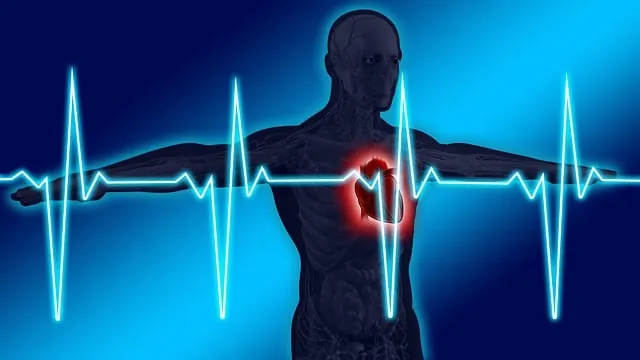
Iron Overload and Heart Damage
When iron is not properly regulated—due to copper deficiency or other factors—it can accumulate in tissues, including the heart.
This leads to a condition known as iron overload, where excess iron generates harmful free radicals through a process called oxidative stress.
The heart muscle becomes damaged over time, which can result in conditions like cardiomyopathy, arrhythmias (irregular heartbeats), or even heart failure.
Anemia and Increased Heart Strain
On the other side, if the body cannot use iron effectively due to a lack of copper, it may result in a functional iron deficiency.
This can lead to anemia, where there aren’t enough healthy red blood cells to carry oxygen efficiently throughout the body.
The heart must work harder to compensate for the reduced oxygen supply, potentially leading to an enlarged heart or heart failure over time.
Inflammation and Arterial Damage
Both iron overload and improper iron metabolism can increase oxidative stress and inflammation in the blood vessels, damaging the endothelial cells that line the arteries.
This damage promotes the formation of plaques, which can narrow or block the arteries (atherosclerosis), leading to hypertension (high blood pressure), heart attacks, and strokes.
The Copper-Iron Connection
Copper is needed for the proper regulation of iron in the body. It supports the production of ceruloplasmin, a protein responsible for mobilizing iron and preventing its buildup.
When copper is deficient, ceruloplasmin levels drop, leading to iron dysregulation.
Iron begins to accumulate in tissues where it shouldn’t, contributing to oxidative stress and increasing the risk of cardiovascular diseases.
Management of Atherosclerosis Risk Factors
Nattokinase
Nattokinase is an enzyme from the Japanese food Natto that has gained attention for cardiovascular health.
Nattokinase can help break down fibrin, improving blood flow and preventing clot formation. It may have potential benefits for cardiovascular diseases.
Cod Liver Oil

Cod liver oil, packed with omega-3 fatty acids, is often praised for supporting heart health by potentially lowering cholesterol and blood pressure. This may help in preventing atherosclerosis, a condition marked by artery-clogging plaques.
Like garlic and green tea, cod liver oil is valued for its heart-friendly properties within a comprehensive care plan for heart health and slowing down cardiovascular disease.
Copper
Copper is an essential trace mineral for human health, playing a significant role in the formation of red blood cells and the maintenance of nerve cells and the immune system.
It is a critical component of the most important enzymes in the human body and a vital component of energy production.
A deficiency of copper is detrimental to the cardiovascular system in general and the heart muscles in particular.
Magnesium

Magnesium plays a critical role in vascular health and is a focus of biomedical research due to its impact on vascular smooth muscle cells.
Advanced imaging techniques like CT scans have shown that the presence of magnesium in the artery walls is measurable and can aid in diagnosing atherosclerotic conditions.
The interest in magnesium and its influence on cellular functions extends to its potential role in modulating cellular inflammation, which is significant in the pathogenesis of atherosclerosis.
Serrapeptase
Serrapeptase is a proteolytic enzyme from Serratia E-15. It is known for its potential anti-inflammatory effects and can break down non-living tissue.
Advocates for its use suggest that by reducing inflammation and clearing away dead tissue, Serrapeptase might have a role in mitigating conditions associated with chronic inflammation and accumulation of debris, like atherosclerosis.
Initial research points to its therapeutic potential and Serrapeptase’s role in managing cardiovascular disease remains an area ripe for exploration.
Lumbrokinase

Lumbrokinase is an enzyme derived from earthworms that has potential benefits for cardiovascular health. It is known for its thrombolytic activity, specifically in breaking down fibrin, a protein involved in clot formation.
Research suggests that lumbrokinase may aid in the prevention and treatment of atherosclerosis
More human clinical trials are needed to determine its effectiveness and safety in treating cardiovascular conditions.
Ubiquinol
Ubiquinol, a type of coenzyme Q10, is emerging as a key player in battling atherosclerosis due to its antioxidant properties, which may reduce the risk of heart disease by preventing plaque buildup and reducing inflammation.
It also supports heart health by improving blood lipid profiles and protecting arterial walls from oxidative damage. Current research is exploring how combining ubiquinol with lifestyle and dietary adjustments might enhance its effectiveness in treating atherosclerosis.
Popularly prescribed pharmaceuticals for heart patients are known to lower CoQ10 levels.
Alpha Lipoic Acid
Alpha Lipoic Acid, a potent antioxidant, shows promise in potentially reducing oxidative stress, a key player in the development of atherosclerosis and heart conditions.
By combating inflammation and improving endothelial function, it may protect the blood vessels, offering a protective shield against heart disease.
Herbs
Berberine is a herb with potential therapeutic properties for atherosclerosis. Other herbs and supplements like flaxseed, green or black tea, garlic, probiotics, cocoa, and roselle may have blood pressure-lowering benefits.
Lowering blood pressure is important because hypertension is a key risk factor for atherosclerosis.
Conclusion
Atherosclerosis is a condition rooted in chronic inflammation and metabolic imbalances. Addressing these underlying causes through dietary choices, regular exercise, and other lifestyle adjustments can help prevent or manage this condition. A nutrient-dense, animal-based diet offers a powerful tool for supporting arterial health and reducing inflammation.
Note: The aforementioned content is aligned with the guidelines and facts provided, and it refrains from offering medical advice. For personalized recommendations, one should consult healthcare professionals.
Frequently Asked Questions
What Is Atherosclerosis and How Can It Be Prevented?
Atherosclerosis, the buildup of plaques in arteries, can be prevented by maintaining a healthy lifestyle, including a balanced diet, regular exercise, and avoiding smoking.
Can Exercise Reduce the Risk of Developing Atherosclerosis?
Yes, regular physical activity strengthens the heart and blood vessels, reducing the risk of atherosclerosis and related heart diseases.
How Does Smoking Affect Atherosclerosis?
Smoking directly damages blood vessels, accelerating plaque buildup and significantly increasing atherosclerosis risk.
Are There Effective Medications for Atherosclerosis Prevention?
There are medications that can lower cholesterol and blood pressure, key factors in preventing atherosclerosis, but lifestyle changes are equally important.
How Do Genetics Influence Atherosclerosis?
Genetics play a role in determining your risk for atherosclerosis, but lifestyle choices have a significant impact on managing this risk.
Is Stress Linked to Atherosclerosis?
Yes, chronic stress can contribute to the development of atherosclerosis by affecting blood pressure and heart health.
Can Atherosclerosis Be Reversed?
While atherosclerosis can’t be completely reversed, healthy lifestyle changes and treatment can halt its progression and reduce the risk of complications.
Research
Ahmed, H.H., Nevein, N.F., Karima, A. and Hamza, A.H., 2013. Miracle enzymes serrapeptase and nattokinase mitigate neuroinflammation and apoptosis associated with Alzheimer’s disease in experimental model. WJPPS, 3, pp.876-891.
[online]
Altarelli, M., Ben-Hamouda, N., Schneider, A., & Berger, M. M. (2019). Copper Deficiency: Causes, Manifestations, and Treatment. Nutrition in Clinical Practice, 34(4), 504-513. https://doi.org/10.1002/ncp.10328
Amom Z, Zakaria Z, Mohamed J, Azlan A, Bahari H, Taufik Hidayat Baharuldin M, Aris Moklas M, Osman K, Asmawi Z, Kamal Nik Hassan M. Lipid lowering effect of antioxidant alpha-lipoic Acid in experimental atherosclerosis. J Clin Biochem Nutr. 2008 Sep;43(2):88-94. doi: 10.3164/jcbn.2008051. PMID: 18818758; PMCID: PMC2533724.
https://doi.org/10.3164/jcbn.2008051
Bhagat, S., Agarwal, M. and Roy, V., 2013. Serratiopeptidase: a systematic review of the existing evidence. International Journal of Surgery, 11(3), pp.209-217.
https://pubmed.ncbi.nlm.nih.gov/23380245/
Brewer GJ. Iron and copper toxicity in diseases of aging, particularly atherosclerosis and Alzheimer's disease. Exp Biol Med (Maywood). 2007 Feb;232(2):323-35. PMID: 17259340.
https://pubmed.ncbi.nlm.nih.gov/17259340/
Chen, H., Chen, J., Zhang, F., Li, Y., Wang, R., Zheng, Q., Zhang, X., Zeng, J., Xu, F. and Lin, Y., 2022. Effective management of atherosclerosis progress and hyperlipidemia with nattokinase: A clinical study with 1,062 participants. Frontiers in Cardiovascular Medicine, 9, p.2188.
Diamond, D.M., Bikman, B.T. and Mason, P., 2022. Statin therapy is not warranted for a person with high LDL-cholesterol on a low-carbohydrate diet. Current Opinion in Endocrinology, Diabetes & Obesity, [online] 29(5), pp.497–511.
https://doi.org/10.1097/med.0000000000000764.
Fatahian, A., Haftcheshmeh, S.M., Azhdari, S., Farshchi, H.K., Nikfar, B. and Momtazi-Borojeni, A.A., 2020. Promising anti-atherosclerotic effect of berberine: evidence from in vitro, in vivo, and clinical studies. Reviews of Physiology, Biochemistry and Pharmacology, pp.83-110.
Hamilton, I.M., Gilmore, W.S. and Strain, J.J., 2000. Marginal copper deficiency and atherosclerosis. Biological Trace Element Research, 78, pp.179-189.
Harding, S.V., Rideout, T.C. and Jones, P.J., 2012. Evidence for using alpha-lipoic acid in reducing lipoprotein and inflammatory related atherosclerotic risk. Journal of Dietary Supplements, 9(2), pp.116-127.
Howard, B.V., Van Horn, L., Hsia, J., Manson, J.E., Stefanick, M.L., Wassertheil-Smoller, S., Kuller, L.H., LaCroix, A.Z., Langer, R.D., Lasser, N.L., Lewis, C.E., Limacher, M.C., Margolis, K.L., Mysiw, W.J., Ockene, J.K., Parker, L.M., Perri, M.G., Phillips, L., Prentice, R.L., Robbins, J., Rossouw, J.E., Sarto, G.E., Schatz, I.J., Snetselaar, L.G., Stevens, V.J., Tinker, L.F., Trevisan, M., Vitolins, M.Z., Anderson, G.L., Assaf, A.R., Bassford, T., Beresford, S.A.A., Black, H.R., Brunner, R.L., Brzyski, R.G., Caan, B., Chlebowski, R.T., Gass, M., Granek, I., Greenland, P., Hays, J., Heber, D., Heiss, G., Hendrix, S.L., Hubbell, F.A., Johnson, K.C. and Kotchen, J.M., 2006. Low-Fat Dietary Pattern and Risk of Cardiovascular Disease. JAMA, [online] 295(6), p.655. https://doi.org/10.1001/jama.295.6.655.
Hodis, H.N., Mack, W.J., Meiselman, H.J., Kalra, V., Liebman, H., Hwang-Levine, J., Dustin, L., Kono, N., Mert, M., Wenby, R.B. and Huesca, E., 2021. Nattokinase atherothrombotic prevention study: A randomized controlled trial. Clinical Hemorheology and Microcirculation, 78(4), pp.339-353.
Klevay, L.M., 2016. IHD from copper deficiency: a unified theory. Nutrition Research Reviews, [online] 29(2), pp.172–179. https://doi.org/10.1017/s0954422416000093.
Klevay, LM (1984) The role of copper, zinc, and other chemical elements in ischemic heart disease. In Metabolism of Trace Metals in Man vol. 1, pp. 129–157 [OM Rennert and WY Chan, editors]. Boca Raton, FL: CRC Press
Kostov, K. and Halacheva, L., 2018. Role of magnesium deficiency in promoting atherosclerosis, endothelial dysfunction, and arterial stiffening as risk factors for hypertension. International journal of molecular sciences, 19(6), p.1724.
Lamb, D.J., Tickner, M.L., Hourani, S.M. and Ferns, G.A., 2005. Dietary copper supplements modulate aortic superoxide dismutase, nitric oxide and atherosclerosis. International journal of experimental pathology, 86(4), pp.247-255.
Liao, F., Folsom, A.R. and Brancati, F.L., 1998. Is low magnesium concentration a risk factor for coronary heart disease? The Atherosclerosis Risk in Communities (ARIC) Study. American heart journal, 136(3), pp.480-490.
Maier, J.A., 2003. Low magnesium and atherosclerosis: an evidence-based link. Molecular aspects of medicine, 24(1-3), pp.137-146.
Maier, J.A., 2012. Endothelial cells and magnesium: implications in atherosclerosis. Clinical science, 122(9), pp.397-407.
Mabuchi, H., Higashikata, T., Kawashiri, M., Katsuda, S., Mizuno, M., Nohara, A., Inazu, A., Koizumi, J. and Kobayashi, J., 2005. Reduction of serum ubiquinol-10 and ubiquinone-10 levels by atorvastatin in hypercholesterolemic patients. Journal of atherosclerosisand thrombosis, 12(2), pp.111-119.
Manoefris Kasim, Andrew Alexander Kiat, Mohammad Saifur Rohman, Yasmina Hanifah, and Hosen Kiat.Improved Myocardial Perfusion in Stable Angina Pectoris by Oral Lumbrokinase: A Pilot Study.The Journal of Alternative and Complementary Medicine.May 2009.539-544.
http://doi.org/10.1089/acm.2008.0506
Meletis, C.D. and Barker, J.E., 2005. Therapeutic enzymes: using the body's helpers as healers. Alternative & Complementary Therapies, 11(2), pp.74-77.
Niederau, Claus M.D., M.D.*,1. Iron Overload and Atherosclerosis. Hepatology 32(3):p 672-674, September 2000. | DOI: 10.1053/jhep.2000.17921
Ohira, T., Peacock, J.M., Iso, H., Chambless, L.E., Rosamond, W.D. and Folsom, A.R., 2009. Serum and dietary magnesium and risk of ischemic stroke: the Atherosclerosis Risk in Communities Study. American journal of epidemiology, 169(12), pp.1437-1444.
Ramsden, C.E., Zamora, D., Majchrzak-Hong, S., Faurot, K.R., Broste, S.K., Frantz, R.P., Davis, J.M., Ringel, A., Suchindran, C.M. and Hibbeln, J.R., 2016. Re-evaluation of the traditional diet-heart hypothesis: analysis of recovered data from Minnesota Coronary Experiment (1968-73). BMJ, [online] p.i1246.
https://doi.org/10.1136/bmj.i1246.
Rui, R., Yang, H., Zhou, Y., Xu, X., Li, C. and Liu, S., 2021. Effects of berberine on atherosclerosis. Frontiers in pharmacology, 12, p.764175.
Ruggenenti, P., Cattaneo, D., Loriga, G., Ledda, F., Motterlini, N., Gherardi, G., Orisio, S. and Remuzzi, G., 2009. Ameliorating Hypertension and Insulin Resistance in Subjects at Increased Cardiovascular Risk. Hypertension, [online] 54(3), pp.567–574. https://doi.org/10.1161/hypertensionaha.109.132522.
Siri-Tarino, P.W., Sun, Q., Hu, F.B. and Krauss, R.M., 2010. Meta-analysis of prospective cohort studies evaluating the association of saturated fat with cardiovascular disease. The American Journal of Clinical Nutrition, [online] 91(3), pp.535–546. https://doi.org/10.3945/ajcn.2009.27725.
Song, T. and Chen, W.D., 2021. Berberine inhibited carotid atherosclerosis through PI3K/AKTmTOR signaling pathway. Bioengineered, 12(1), pp.8135-8146.
Suárez-Rivero, J.M., Pastor-Maldonado, C.J., de la Mata, M., Villanueva-Paz, M., Povea-Cabello, S., Álvarez-Córdoba, M., Villalón-García, I., Suárez-Carrillo, A., Talaverón-Rey, M., Munuera, M. and Sánchez-Alcázar, J.A., 2019. Atherosclerosis and coenzyme Q10. International journal of molecular sciences, 20(20), p.5195.
Tasić, N.M., Tasić, D., Otašević, P., Veselinović, M., Jakovljević, V.L., Djurić, D. and Radak, D., 2015. Copper and zinc concentrations in atherosclerotic plaque and serum in relation to lipid metabolism in patients with carotid atherosclerosis. Vojnosanitetski pregled, 72(9).
Thomas, S.R., Neuzil, J. and Stocker, R., 1997. Inhibition of LDL oxidation by ubiquinol-10. A protective mechanism for coenzyme Q in atherogenesis? Molecular Aspects of Medicine, 18, pp.85-103.
Vinchi, F., Porto, G., Simmelbauer, A., Altamura, S., Passos, S.T., Garbowski, M., Silva, A.M.N., Spaich, S., Seide, S.E., Sparla, R., Hentze, M.W. and Muckenthaler, M.U., 2019. Atherosclerosis is aggravated by iron overload and ameliorated by dietary and pharmacological iron restriction. European Heart Journal, [online] 41(28), pp.2681–2695. https://doi.org/10.1093/eurheartj/ehz112.
Volek, J.S., Phinney, S.D., Krauss, R.M., Johnson, R.J., Saslow, L.R., Gower, B., Yancy, W.S., King, J.C., Hecht, F.M., Teicholz, N., Bistrian, B.R. and Hamdy, O., 2021. Alternative Dietary Patterns for Americans: Low-Carbohydrate Diets. Nutrients, [online] 13(10), p.3299.
https://doi.org/10.3390/nu13103299.
Wunderer, F., Traeger, L., Sigurslid, H. H., Meybohm, P., Bloch, D. B., & Malhotra, R. (2020). The role of hepcidin and iron homeostasis in atherosclerosis. Pharmacological Research, 153, 104664. https://doi.org/10.1016/j.phrs.2020.104664
Wu, M., Wang, J. and Liu, L.T., 2010. Advance of studies on anti-atherosclerosis mechanism of berberine. Chinese journal of integrative medicine, 16, pp.188-192.
Yang, S., Li, Y., Zhou, L., Wang, X., Liu, L. and Wu, M., 2024. Copper homeostasis and cuproptosis in atherosclerosis: metabolism, mechanisms and potential therapeutic strategies. Cell Death Discovery, 10(1), p.25.
Yu, N., Liu, J., Wu, J., Xu, D., Wu, W., Yang, Y., Guo, F., Xie, Y. and Sun, H.B., 2009. Clinical research of Lumbrokinase in reversing carotid atherosclerotic plaques of patients with ischemic cerebrovascular disease. China Medicine, 4(3), pp.169-170.
Metabolic Syndrome: Managing This Health Risk
Key Takeaways Metabolic syndrome is a cluster of conditions increasing the risk of heart disease, stroke, and diabetes. Symptoms include high blood pressure, high blood…
Allergy-Friendly Pets
Key Highlights Hypoallergenic pets are great for people with pet allergies, as they produce fewer allergens like dander, saliva, and proteins that can trigger symptoms….
Alzheimer’s Disease: Symptoms, Causes, Treatment
Key Takeaways Alzheimer’s disease is a progressive neurodegenerative disorder affecting memory, thinking, and behavior. Oxidative stress, including from excess iron, plays a significant role in…
Chronic Kidney Disease (CKD): Causes & Treatment
Key Takeaways Ultra-processed foods and high carbohydrate intake worsen inflammation, harming kidney function. Iron overload leads to oxidative stress, which accelerates CKD progression. Copper is…
SIBO Bloating: Causes, Diet, & Management Tips
Key Takeaways SIBO disrupts gut bacteria balance, causing bloating, pain, and nutrient absorption issues. Symptoms include bloating, abdominal pain, diarrhea, constipation, weight loss, and fatigue….
Remnant Cholesterol (RC): Its Origins & Impact
Key Takeaways Remnant cholesterol (RC) is the cholesterol content left in the blood after triglycerides are removed from VLDL and IDL particles. RC is a…
Quit Sugar for 14 Days: What Happens to Your Body?
Key Takeaways: Immediate Health Benefits of Reducing Sugar: In just two weeks, enjoy enhanced energy levels, weight loss, a reduced risk of chronic diseases, and…
Uric Acid: Effects & Management
7 Remedies for Kidney Stones: A Comprehensive Guide
Key Takeaways Staying well-hydrated and adopting a balanced diet can help prevent kidney stones. Knowing the causes of kidney stones can inform effective prevention strategies….
Iron Overload: Symptoms & Prevention Tips
Key Takeaways: Iron overload happens when the body absorbs excessive iron, which can damage organs. Common symptoms include fatigue, joint pain, and skin changes. Early…
Vegetable Oil: Health Risks You Might Not Know
Key Takeaways: Omega-6 fats from vegetable oils cause oxidative stress and inflammation. Reducing omega-6 intake and using stable fats can lower health risks. High triglycerides…
Insulin Resistance: What It Is & How to Manage It
Key Takeaways Insulin resistance leads to high blood sugar when cells stop responding to insulin. Often connected to obesity, poor diet, and physical inactivity. Symptoms…
Is Eating Sugar Really That Bad For Your Health?
Should You Really Be Concerned? In short, YES! Thank you, that’s all folks, and do have a good evening. Seriously though, extensive research has established…
Coping with Pet Allergies: Tips & Advice
Key Highlights Pet allergies often cause sneezing, coughing, itchy eyes, and skin rash. Pet allergens are in the saliva, urine, and dander of furry animals….
Signs of Diabetes: Recognizing the Red Flags
Key Takeaways Increased Thirst and Urination: High blood sugar leads to dehydration, causing excessive thirst and frequent urination. Unexplained Weight Loss: Diabetes can cause the…
Boost Insulin Sensitivity Naturally
Key Takeaways Improving insulin sensitivity helps control blood sugar and reduces the risk of metabolic disorders. Regular physical activity enhances how cells respond to insulin….
High Homocysteine: How to Manage Levels
Key Takeaways: Elevated homocysteine can raise the risk of heart disease and other health problems. Animal-based foods high in B vitamins help reduce homocysteine levels….
Parkinson’s Disease : Symptoms, Causes & Treatment
Key Takeaways Parkinson’s disease is a progressive neurological disorder that affects movement and coordination. Oxidative stress and excess iron are significant factors in the progression…
Histamine: What You Should Know
Key Takeaways Histamine’s Role: Vital in immune responses, digestion, and as a neurotransmitter in the central nervous system. Histamine Production: Produced in mast cells and…
Non-Alcoholic Fatty Liver Disease (NAFLD)
Key Takeaways NAFLD involves fat buildup in the liver not caused by alcohol. Commonly associated with obesity, insulin resistance, and metabolic syndrome. NAFLD can lead…
Metabolic Health: What It Means and How to Improve It
Key Takeaways Metabolic health reflects how well your body processes energy and maintains stable blood sugar, cholesterol, and blood pressure. Key indicators of metabolic health…
Diabetes: Everything You Need to Know
Key Takeaways Type 1 and Type 2 diabetes involve insulin regulation issues, with Type 2 being the most common due to insulin resistance. Copper, retinol,…
Dialysis: Benefits & Challenges
Key Takeaways Dialysis removes waste and excess fluid from the blood when kidneys cannot function. Two main types: hemodialysis (machine-based) and peritoneal dialysis (abdomen-based). Dialysis…
Postbiotics: What They Are and Why They Are Important
Key Takeaways Postbiotics 101: They’re beneficial by-products from probiotics that consume prebiotics Boosts Immunity: Postbiotics sharpen your immune system, helping fight off pathogens and reducing…
Alcohol and Its Effects
Key Takeaways Alcohol is metabolized primarily in the liver, producing acetaldehyde, a toxic byproduct. Chronic alcohol consumption leads to liver damage, including fatty liver, hepatitis,…
Travel Hygiene Tips: Stay Fresh on the Go
Key Highlights Key practices include frequent handwashing, showering, and oral care. Packing a portable hygiene kit can help you stay fresh on the go. Advanced…
L-Glutamine and Gut Health: Benefits and Side Effects
Key Takeaways L-Glutamine is essential for gut health. Benefits include improved digestion and reduced inflammation. Potential side effects are rare but can occur in high…
Inflammation: Causes & Effects
Key Takeaways Inflammation is the body’s response to injury or infection, but chronic inflammation can lead to health problems. Iron overload from artificial sources and…
Triglycerides: Levels & Range Explained
Key Highlights Triglycerides are the most common form of fat in the body play a role in energy storage High levels of triglycerides can increase…
How to Lower Triglycerides Fast: Natural Solutions
Key Highlights Triglycerides, a type of fat found in the blood, are essential indicators of metabolic health. Elevated triglyceride levels increase the risk of heart…
Supporting Mental Health with Gut Health
Key Takeaways Gut-Brain Connection: Gut health is directly linked to mental wellbeing through the gut-brain axis. Probiotics: Beneficial bacteria that help regulate mood and support…
7 Simple Tips for Lowering Blood Pressure Naturally
Maintaining healthy blood pressure levels is essential for overall well-being, as high blood pressure can lead to serious health complications. However, it is possible to…
Proteolytic Enzymes and Heart Health: What the Research Shows
Your heart works tirelessly to pump blood throughout your body, delivering essential nutrients and oxygen to your cells. However, factors like poor diet, stress, and…



